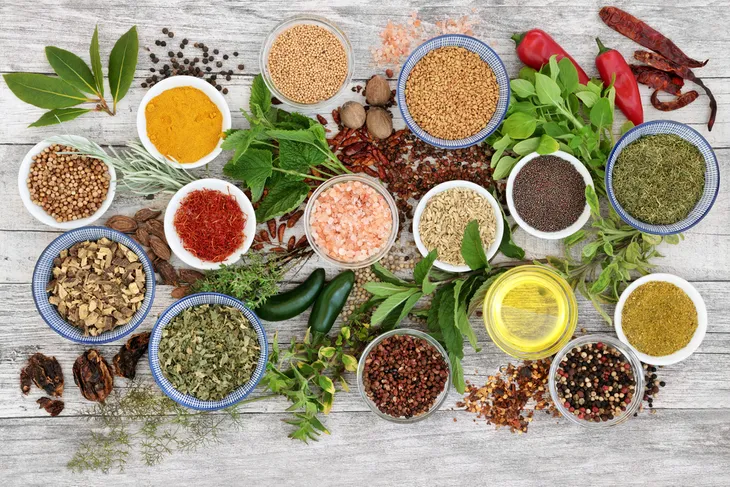Diabetes – it’s a word we hear all too commonly in the U.S. these days. In fact, 2014 statistics from the Centers for Disease Control and Prevention (CDC) notes that more than 9-percent of the American population is diabetic; with around 29-million diagnosed cases and more than 8-million undiagnosed.
Developing diabetes carries a number of unpleasant symptoms if it’s not controlled – from eyesight issues, to numbness of the feet, to life-threatening situations like a diabetic coma. However, there are ways you can help reduce the risk of developing the disease through a number of diet and lifestyle adjustments. Let’s take a closer look at seven of them…
Want diabetes content delivered straight to your inbox? Sign up for our Diabetes newsletter and receive exclusive news and articles written from our team of diabetes experts.
Control Excess Weight
One of the bigger risk factors for developing type-2 (adult onset) diabetes is to be overweight. In fact, EveryDayHealth.com notes that for every 2.2-pounds of weight you shed, your risk of developing diabetes drops by 16-percent.
However, you may need to visit a doctor or a dietician to get a reference point for your body mass and how best to manage it. Following some of the upcoming tips may also help you drop some unwanted pounds, which can also benefit your cardiovascular health.
Reduce Your Portion Sizes
The National Institute of Diabetes and Digestive and Kidney Diseases explains that controlling your meals sizes could also control the size of your diabetes risk. The institute recommends tricks like filling up a smaller plate (to look like a bigger meal), eating more slowly, and using smaller utensils to take smaller bites.
It also says you should drink a glass of water 10-minutes before a meal to help fill up your stomach (and reduce hunger), and to keep meat/fish servings to around 3-ounces. “Three ounces is about the size of your fist or a deck of cards,” explains the source.
Eat More Plants
While we’ve already mentioned you should limit your meat intake, EveryDayHealth says following a “plant-based, low-calorie diet” can be key in managing your diabetes risk. That diet includes a “variety” of fruits and vegetables, while avoiding foods that are heavy in saturated fats (and added sugars like fructose-enriched corn syrup).
Many plants including fruits and veggies (as well as beans and nuts) contain fiber, which can help naturally control blood sugar. You might want to talk to a dietician or doctor about developing a low-calorie diet that will deliver all the vital vitamins and nutrients (as well as proteins) you need.
Spice it Up
Aside from limiting meat and boosting plant intake, you can also add some spices to your meals that may lower your risk of developing diabetes (or help if you already have the disease), according to WebMD. ” Some of the most commonly used dried herbs and spices may help block the inflammation believed to drive diabetes,” notes the source, which cites a study from the University of Georgia.
The study determined that ground clove and cinnamon in particular are most effective in calming inflammation, thanks to their high content of antioxidant compounds known as polyphenols, adds WebMD. You could use these in place of salt and pepper to inject more flavor into your dishes (and even your morning oatmeal), notes the source.
Get Moving
You’ll need more than just eating differently to cut your diabetes risk – you should be getting out there and moving more (or at least exercising at home). Why? When you eat sugary foods, your insulin levels spike. “Muscles are the main organs involved in the absorption of glucose (sugars) in response to insulin,” explains BestHealthMag.ca.
The source cites a study of pre-diabetics (those at high risk for developing full-blown diabetes) that notes regular exercise (150-minutes per week) over 3-years is “considerably” more effective in reducing blood glucose levels than the diabetes drug Metformin.
Relax More
Stress can have all kinds of unwanted side effects, and apparently increased diabetes risk is one of them. The National Institute of Diabetes and Digestive and Kidney Diseases says you should stop and take a deep breath once in a while, or add a calming walk to your exercise regime.
You can also blend your hobbies with stress reduction – the source suggests reading a favorite novel, for example. Run yourself a nice bath and put a “do not disturb” sign on the bathroom knob. It also warns against emotional eating – try to break free of using food as a way to comfort yourself, and turn to other coping mechanisms. (This could require assistance from a professional).









